Shockley Electrical Blog
& News You Can Use
Electrical Repairs ?
Call Now — (770) 630-6858
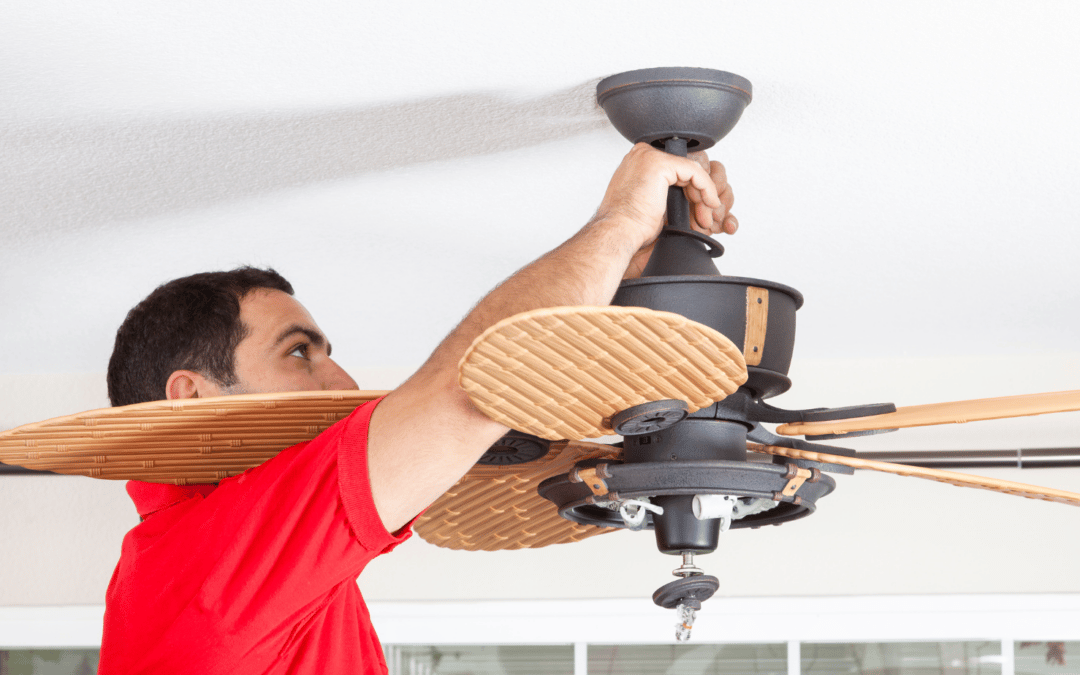
6 Ways a Local Electrician Helps Your Home Be More Environmentally Friendly
If you’re interested in lowering your utility bills and reducing your carbon footprint on the planet, one of the easiest places to look first is right where you live.
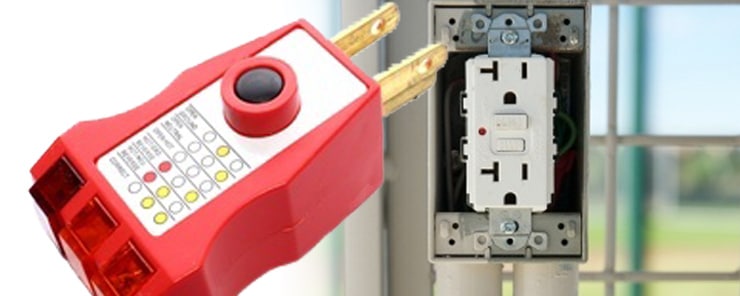
How Does an Electrical Plug Work?
We use electricity every day, in our homes, workplaces and just about everywhere we go in the course of a day. But have you ever really considered how those hair dryers, computers, televisions, stoves and refrigerators get the electricity that makes them work? It all comes down to the humble electrical plug, the ubiquitous connection point between the power supply and the electrical device that needs the power.
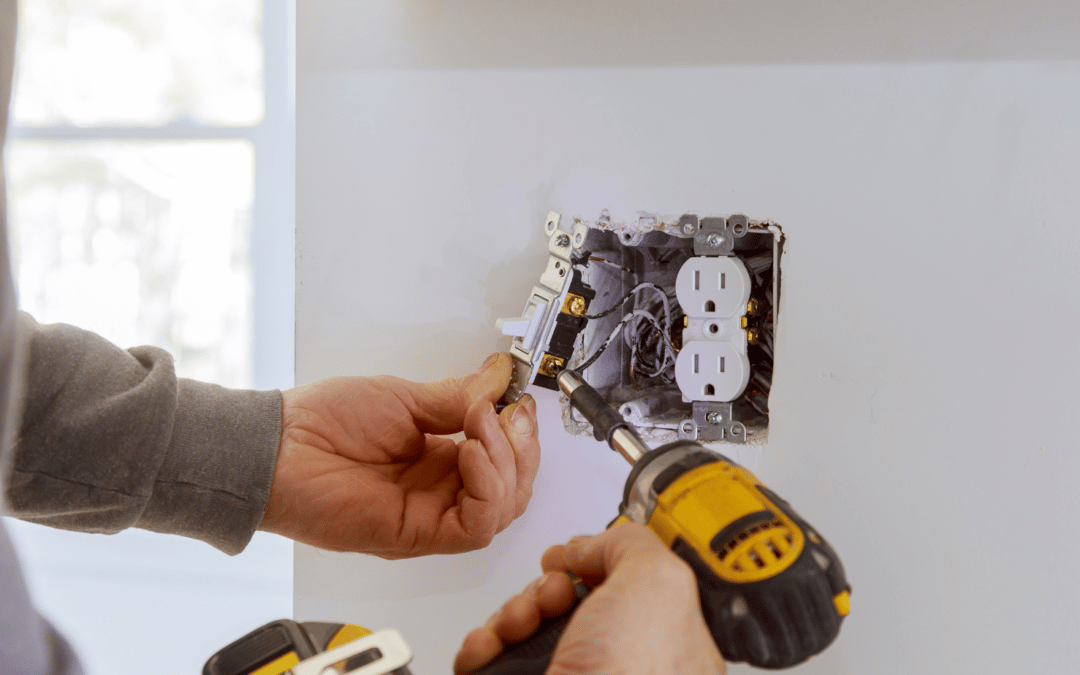
6 Reasons You May Need to Replace Your Home’s Electrical Panel
Most homeowners rarely think about the electrical panel that supplies their homes with power unless there is a problem, like the occasional appliance that trips a circuit breaker. But for people with older homes or those wanting to sell or insure their homes, it’s a wise move to determine if the electrical panel needs to be upgraded or replaced. There are several reasons why this is important, and the top of the list is, as always, safety.
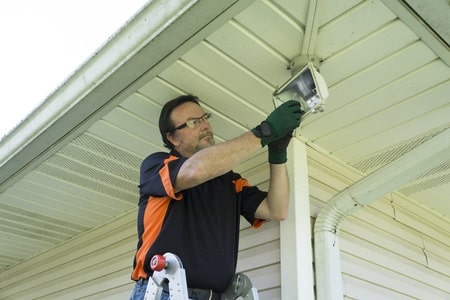
4 Benefits Of Hiring An Electrician Vs DIY Electrical Projects
Tackling electrical projects around your home can be a great way to save money, learn new skills and gain a sense of accomplishment and ownership in your home. However, DIY work also can require a significant time investment in learning about your home’s electrical systems, how to do the job safely and then actually doing the work. It pays to understand the trade-offs and when it makes sense to call a professional electrician.

Which Direction Should Ceiling Fans Spin and Why?
Ceiling fans are a great way to keep your home cooler in summer and warmer in winter, saving money on electricity and increasing your family’s comfort level. But have you ever thought about why? The answer lies in the natural movement of air. Put simply, warm air...
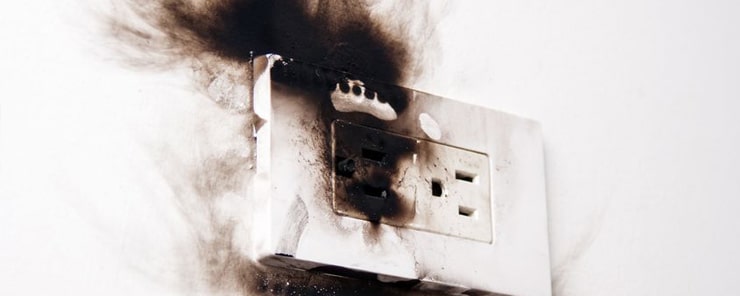
What is Considered a Residential Electrical Emergency?
Several basic electrical home repairs are relatively simple and can be tackled on a DIY basis. However, some electrical system problems are considered emergencies and should be handled urgently by a professional emergency electrician. What is a Home Electrical...
